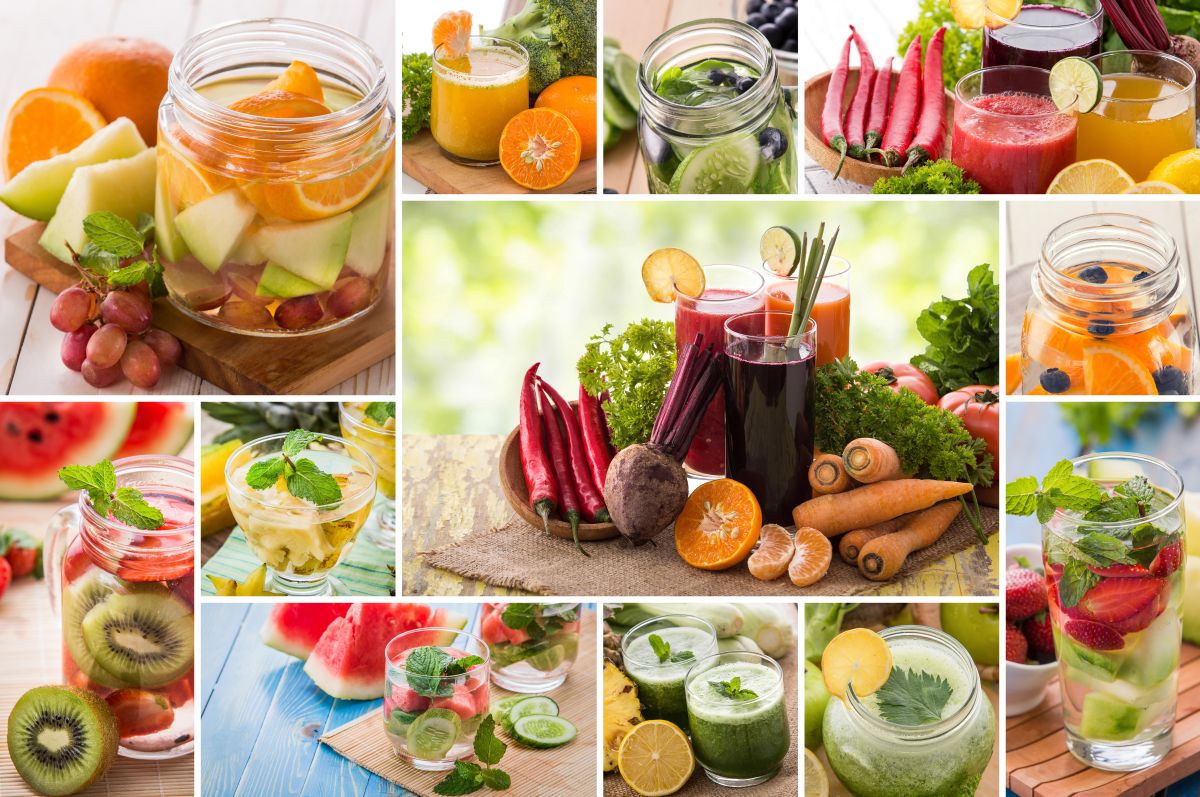Because they are mostly made up of water, are low in calories and contain fiber, which helps you feel full, there are foods that, although they do not have zero calories, their caloric index is quite low and we can consume them without risk of gaining weight.
The American nutritionist Lisa Young assures that these foods are: fruits and non-starchy vegetables. She explains that these foods are high in vitamins, nutrients and antioxidants, which contribute to keeping the body in good condition.
These two categories of food: fruits or non-starchy vegetables. “They are made up of mostly water, are low in calories and contain fiber, which helps you feel full,” he says.
He details that although it is true that fruits and vegetables are not high in protein, they contain a large amount of nutrients, vitamins and antioxidants.
They are ideal to complement our diet and we can turn to them when you feel hungry between meals. A balanced diet with intake of proteins, cereals, vegetables and fruits, low in sugars and ultra-processed foods is recommended.
Doctors and nutritionists emphasize that a product or food does not have the power to make us lose weight, it is a set of actions and healthy habits that help us lose or maintain our ideal weight.
Recommended vegetables and foods
Broccoli is a vegetable that contains vitamins, nutrients and minerals, which makes it rich in antioxidants. It is a source of sulforaphane, an anticarcinogen that works to destroy cancer-causing chemicals in the body. It also contains vitamins A, C, E and K, daily fiber and is low in calories.
Cauliflower is a very versatile and nutritious vegetable that contains antioxidants and phytochemicals that help fight some chronic diseases. It is low in calories and a folate, fiber and vitamins C and K.
Lettuce in its different types is low in calories, rich in water with many necessary vitamins and nutrients, such as folate, iron, and vitamins A and C.
Celery is almost 95% water and a source of potassium, folic acid, fiber and vitamin K. Very low in calories, about 6 calories per stalk.


Kale is another low-calorie vegetable that contains about 3 grams of protein and 2.5 grams of fiber in each serving, and is rich in vitamins and folate.
It also contains good amounts of omega-3 fatty acids, a nutrient present mainly in certain fish. Like other types of lettuce, kale too
Blueberries are high in antioxidants, low in calories, and high in fiber.


Cucumbers are a vegetable that, composed mainly of water. It is recommended to eat are peels and seeds that provide a great source of fiber and vitamin A, known as beta-carotene.
Tomatoes contain lycopene, a carotenoid, which helps fight chronic diseases. They also give it that red color, they are rich in vitamins A, C and B2, folate, chromium, potassium and fiber.


According to researchers, grapefruit helps with weight loss, which is why it is considered a dietary food.
They are high in fiber that generates a feeling of satiety, helps maintain sugar levels, rich in vitamin C that helps reduce the risk of cardiovascular disease.
Oranges are high in vitamin C, which helps to produce the collagen that is essential for the production of collagen necessary for the skin.


Keep reading:
. Cleaning the liver naturally is possible: recommended diet and home remedies
. Do you keep the pots with food in the refrigerator? Contraindications and practical advice
. Utility of green juice ingredients and contraindications Do you know what they are for?
